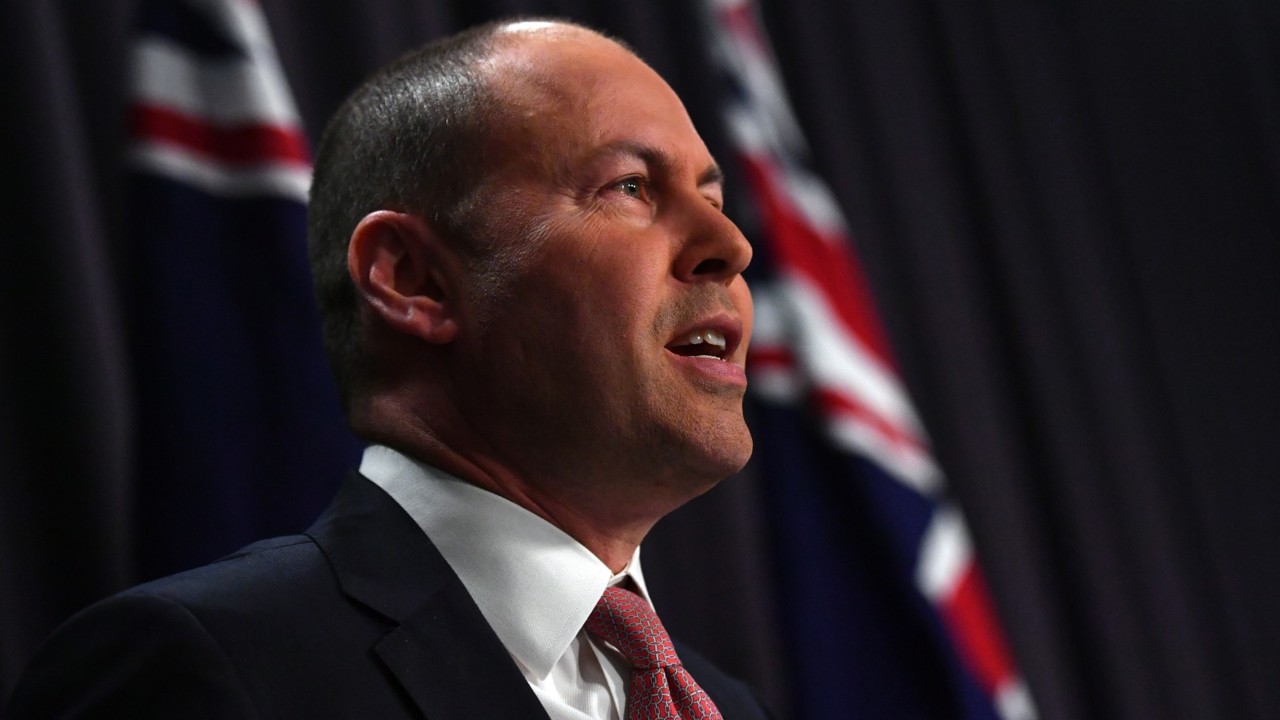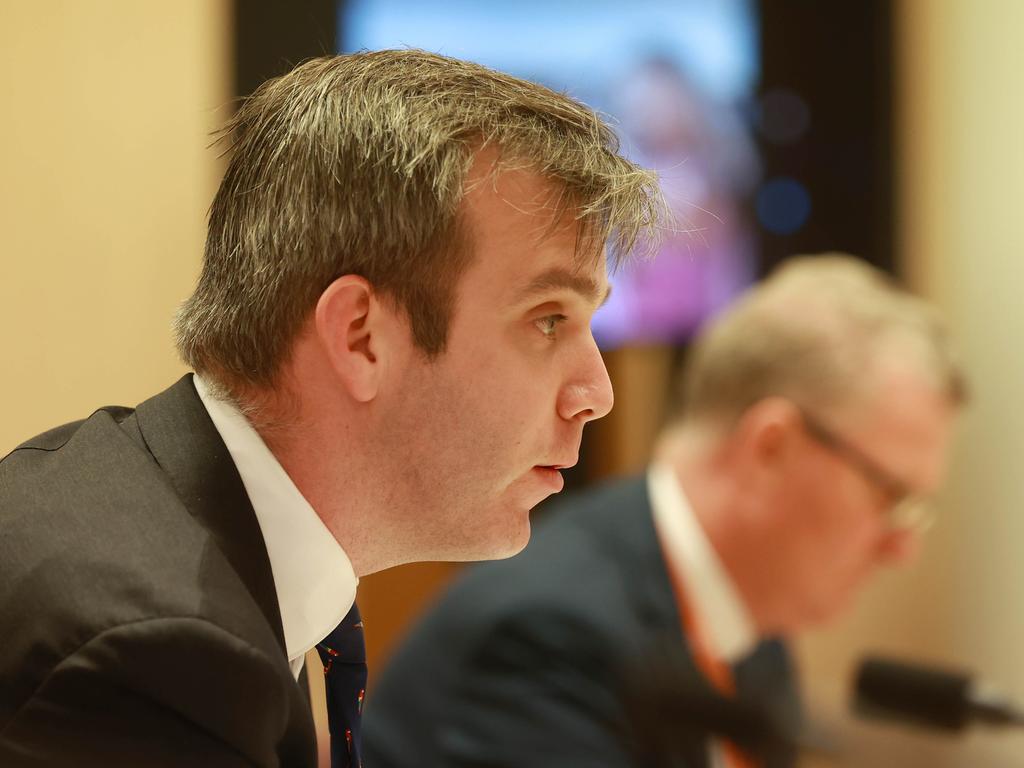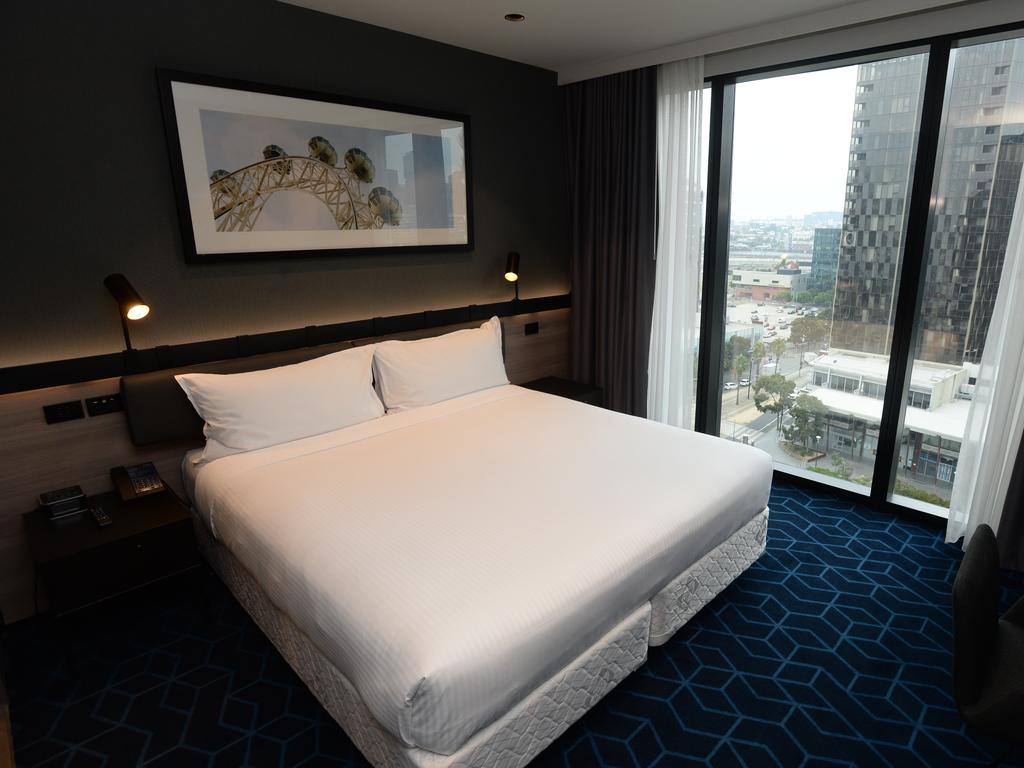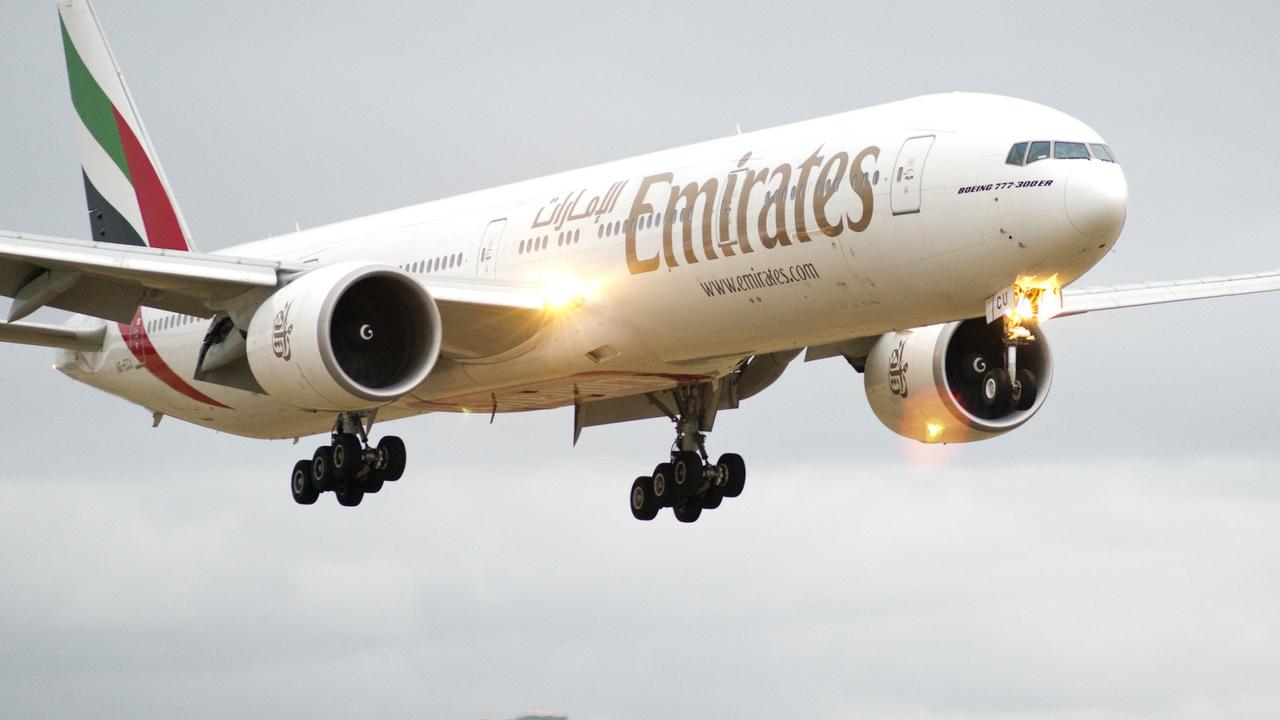Hotels beg for help over ‘unsustainable’ costs during COVID-19
An alarming statistic has shown how heavily the hotel sector has been hammered by COVID-19, and the industry is begging for help.

Hotel and accommodation operators have begged for help, claiming COVID-19 has slashed occupancy rates in CBDs by half.
Parliament’s COVID-19 committee on Thursday also heard “anecdotal evidence” of significant job losses in the sector following the end of JobKeeper.
Tourism Accommodation Australia chief executive Michael Johnson said the industry had no federal or state safety net to help it cope with the impact of snap lockdowns.
“This has a devastating financial, emotional, and mental cost to businesses and workers,” he said.
“Many workers have found alternative employment in other industries less exposed to the impacts of COVID-19.”

Australia has enjoyed a strong economic recovery from COVID-19, and Treasurer Josh Frydenberg on Thursday noted that 200,000 more people than initial estimates had found work.
But Mr Johnson said 15 per cent of workers in the hotel sector in NSW had been laid off since March, adding to the 25 per cent let go at the beginning of the pandemic.
Cuts had come mainly from administrative roles that operators could no longer justify, but the sector faced “dire” shortages in kitchen and frontline food skills, he said.
“So we’ve got this huge need for people. On the other side of it, we’ve had some highly skilled people that have left and gone to other industries,” he said.
Mr Johnson said in Sydney and Melbourne’s CBDs, which were heavily reliant on corporate travel, occupancy rates were around 50 per cent.
“The concern is that if (people) do travel and there is a shutdown, they then get restricted or placed into a quarantine environment,” he said.
“We’re still seeing a very, very slow recovery of corporate travel, and the corporate market makes up a huge proportion of our domestic travel.”
Australian Hotels Association ACT general manager Anthony Brierley said unemployment was at “virtually 100 per cent” in the sector at the beginning of the pandemic.

Mr Brierley said the federal government’s $80bn JobKeeper scheme had eased that pain but agreed there would be “significant job losses” after it ended last month.
“That’s the anecdotal evidence. I think the ABS data will bear that out in time,” he said.
He predicted unemployment would remain at roughly 11 per cent, equating to around 100,000 jobs.
Mr Brierley also warned that hotel operators’ fixed costs, including rent and mortgages, had returned to or exceeded their pre-pandemic levels.
Coupled with capacity limits, he said the situation for operators had become “unsustainable”.
“Our industry is being asked to do these things with only 50 per cent of its patrons. That’s not fair. It’s not sustainable in a financial sense,” he said.
Mr Brierley said targeted assistance from the federal government had previously worked to plug holes caused by snap lockdowns, but was that was no longer the case.
“There’s a breakdown there and our industry is caught in the middle of it, and people seem to be oblivious to the financial plight that comes with that,” he said.



